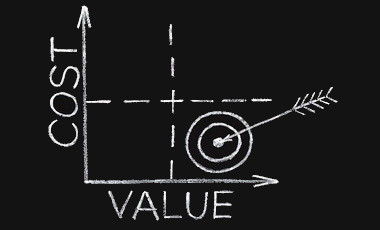In virtually every aspect of public life, we make policy choices by comparing the cost and benefits of various policies. We often refuse to impose limits even though we know they would save lives: we could ban cars or make the speed limit 25 mph and save hundreds of thousands of lives. We don’t because we assess that the benefits of cars outweigh the costs of those deaths. Why do we still refuse to use this analysis for COVID?
Here is his article of which I excerpt a tiny position below: The Bizarre Refusal to Apply Cost-Benefit Analysis to COVID Debates
,,,,Social Cost Benefit Analysis [is] a decision support tool that measures and weighs various impacts of a project or policy. It compares project costs (capital and operating expenses) with a broad range of (social) impacts, e.g. travel time savings, travel costs, impacts on other modes, climate, safety, and the environment.
This framework, above all else, precludes an absolutist approach to rational policy-making. We never opt for a society-altering policy on the ground that “any lives saved make it imperative to embrace” precisely because such a primitive mindset ignores all the countervailing costs which this life-saving policy would generate (including, oftentimes, loss of life as well: banning planes, for instance, would save lives by preventing deaths from airplane crashes, but would also create its own new deaths by causing more people to drive cars)…..
